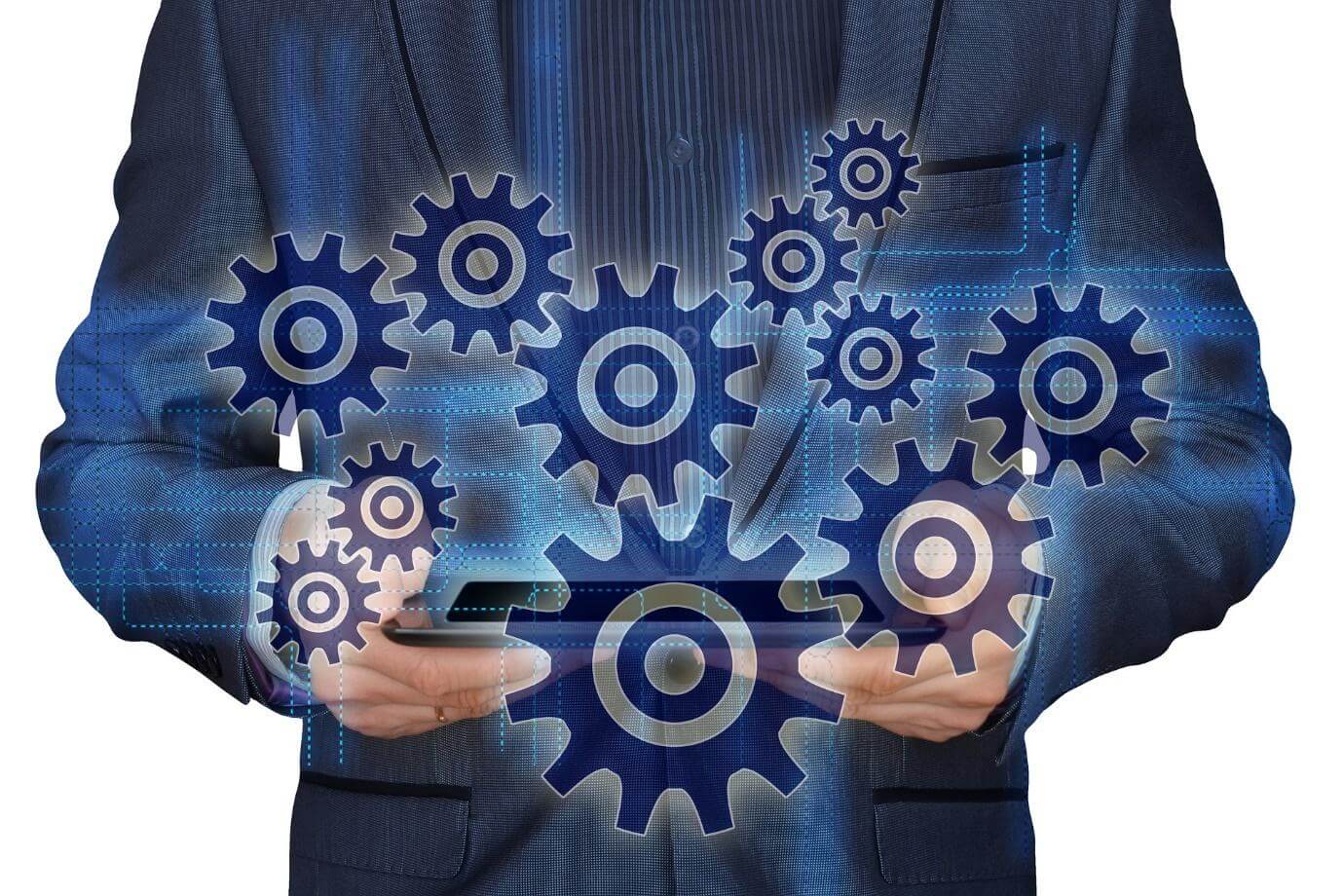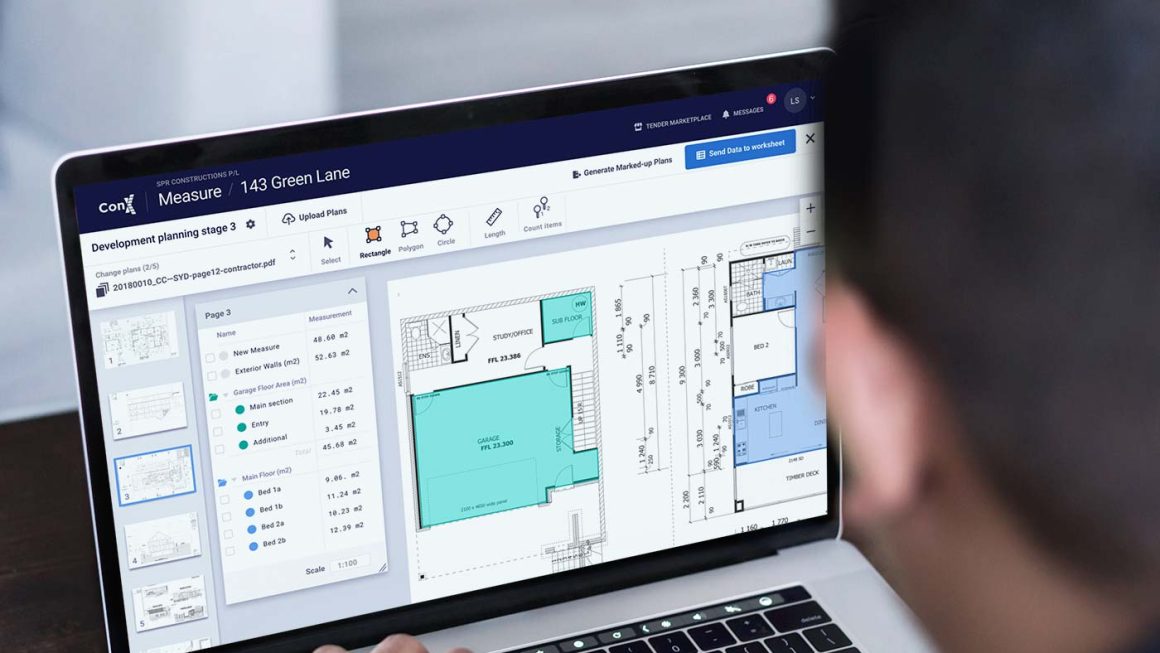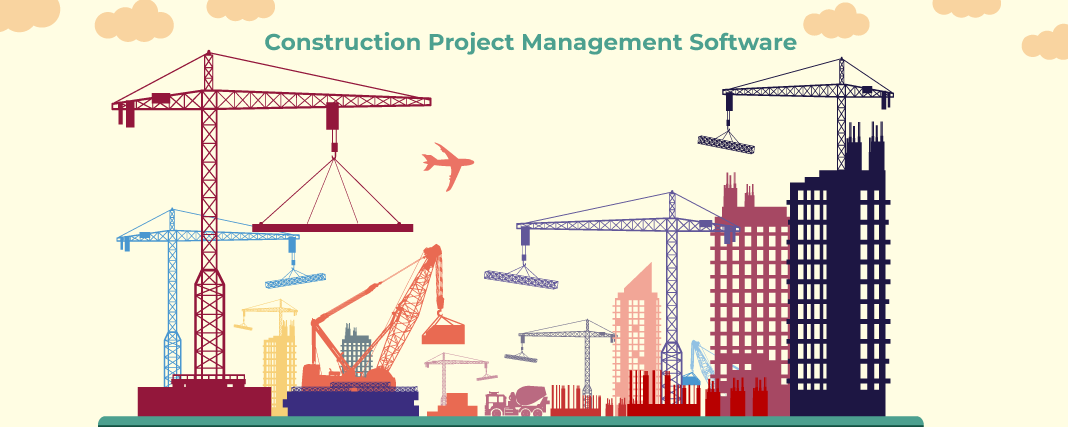Technology has taken over the world and penetrated all fields of life. The advancement of technology has revolutionized the way businesses operate. Information technology has become a major source in gaining a competitive edge over market rivals. The internet, cloud computing, and machine learning, backed by digital marketing techniques and AI-powered customer support services, have become a necessity for organizations worldwide to survive in a fiercely competitive digital marketplace.
While businesses restrained themselves to rigid management information systems (MIS) in the past, the need for more flexible and holistic digital transformation has led to the use of heuristics in business process automation and the implementation of intelligent ERP systems.
What is an ERP System?
Enterprise Resource Planning (ERP) system is an integrated, multifaceted application that encompasses all major business functions or modules, such as production, inventory management, customer relationship management, sales, accounting and finance, human resource system, project management, and supply chain management. The structure of an ERP system varies from business to business depending on the core business functions.
A typical ERP system is referred to as a software suite with all the above modules acting as individual systems for end-users. At the same time, the decision-makers get a complete view of the business’s overall functions. ERP differs from individual management information systems because it integrates data from all modules and enables a smooth flow of information from one subsystem to another.
Leading ERP Systems Vendors in 2022
ERP systems have served as a backbone for conducting day-to-day business functions. Thousands of businesses worldwide are using ERP systems. Market leaders like SAP, NetSuite, and Microsoft Dynamics provide personalized ERP solutions to businesses. Premier authorized NetSuite reseller offers a wide range of commercial, functional, and technical services for Oracle NetSuite. A team of IT experts and business analysts study the business structure, business operations layout, and the required flow of information throughout various departments. As a result, ERP software services providers optimize the software features and create personalized views according to your business needs.
Top Technology Trends in ERP Systems
With a consistent evolution in technology, the trends in ERP systems are changing rapidly. Businesses can now use the latest technology trends in their software solutions to increase productivity and improve decision-making. Let’s have a look at the top technology trends in ERP systems this year:
- Cloud Computing
Cloud computing is one of the significant technological breakthroughs of the 21st century. The concept of managed services and remote computing has opened new avenues for businesses to operate globally without hard-wired network infrastructure and dedicated servers. Information systems management through cloud-based networks has facilitated businesses in reducing costs and enhancing security measures. Most businesses now use pay-as-you-go models and software-as-a-service (SaaS) facilities that empower enterprises to use ERP systems on a requirement basis. The limitless scalability and flexibility of cloud ERP systems have deemed on-premises ERP systems obsolete and inadequate.
- Mobile ERPs
While many businesses are turning towards mobile applications to work remotely on the go, mobile ERP systems provide a complete business suite for business owners and employees to operate businesses remotely. Thanks to cloud computing and web 3.0, mobile devices can now easily access business module information and perform necessary day-to-day activities without a physical presence inside a brick-and-mortar office.
The use of mobile ERP applications has resulted in increased employee productivity, minimal process delays, greater efficiency, and on-the-spot data entry.
- Use of Artificial Intelligence
Artificial intelligence is the future of business process automation. It has fueled digital transformation and helped businesses alter core business activities. AI-powered algorithms help businesses get an insight into core business processes, sense future outcomes of production and sales, and make intelligent decisions regarding supplier short-listing, logistics planning, production planning, sales forecasting, and business growth.
Intelligent ERP system functions help businesses create better workflows, streamline processes, reduce errors, and enhance functional efficiency.
- Big Data Analytics
A business cannot operate alone in the global economy. It has to enhance cooperation with all parties involved in its supply chain. The flow of information across all stakeholders in a supply chain results in massive data inflow and outflow. Big data analytics in ERP systems is essential for analyzing stacks of data to determine changes in market trends and customers’ inclinations.
With the integration of big data analytics in ERP systems, businesses can now obtain data from multiple sources and analyze this data to create detailed reports. More businesses are now using this technology to make data-driven decisions and forecast future demand-and-supply patterns.
- Machine Learning
Machine learning in ERP systems helps you streamline your business workflows by learning from consistent data patterns and suggesting patterns in alignment with changing market trends. ERP systems with machine learning capability have the power to automate various standard procedures like making ledger entries, making standard production plans, creating employee performance reports, etc.
- IoT Integration
Internet of Things (IoT) is gaining as much importance as other workstations and servers in a standard internal network infrastructure. IoT refers to the integration of all internet-enabled devices in the local network and allowing these devices to send data over a network automatically. The security, maintenance, and up-gradation of IoT networks are deemed essential for the effective functioning of major business operations.
Integrating IoT into ERP systems means better usability of printing, camera, and other essential input devices with sensors without human intervention. This expediency opens new avenues for ERP systems to capture real-time data directly from IoT devices, incorporate it in the automation procedures, and re-route the data automatically to cloud-based applications.
- Multi-Tier ERP Systems
Not all businesses adopt cloud-based technologies in ERP systems. However, technological developments have allowed businesses to use locally distributed systems to operate ERP systems efficiently. The database, application code, web hosts, and client-side interface are distributed over multiple servers. This way, the ERP systems dramatically reduce the probability of application crashes, data breaches, technical errors, and database connectivity issues. While most businesses use a two-tier or three-tier distributed architecture, multi-tier ERPs are best utilized when larger companies serve at multiple locations across a country.
Final Thoughts
As technology digs its roots deeper into the business world, companies across the globe are more likely to adopt intelligent cloud-based ERP systems due to the expansive business advantages they offer. The unpredictable business environment necessitates enterprises to optimize their workflows and adopt machine learning mechanisms to increase business productivity and agility and protect themselves against any disruptions in the supply chain through increased information flow and supply chain integration.



